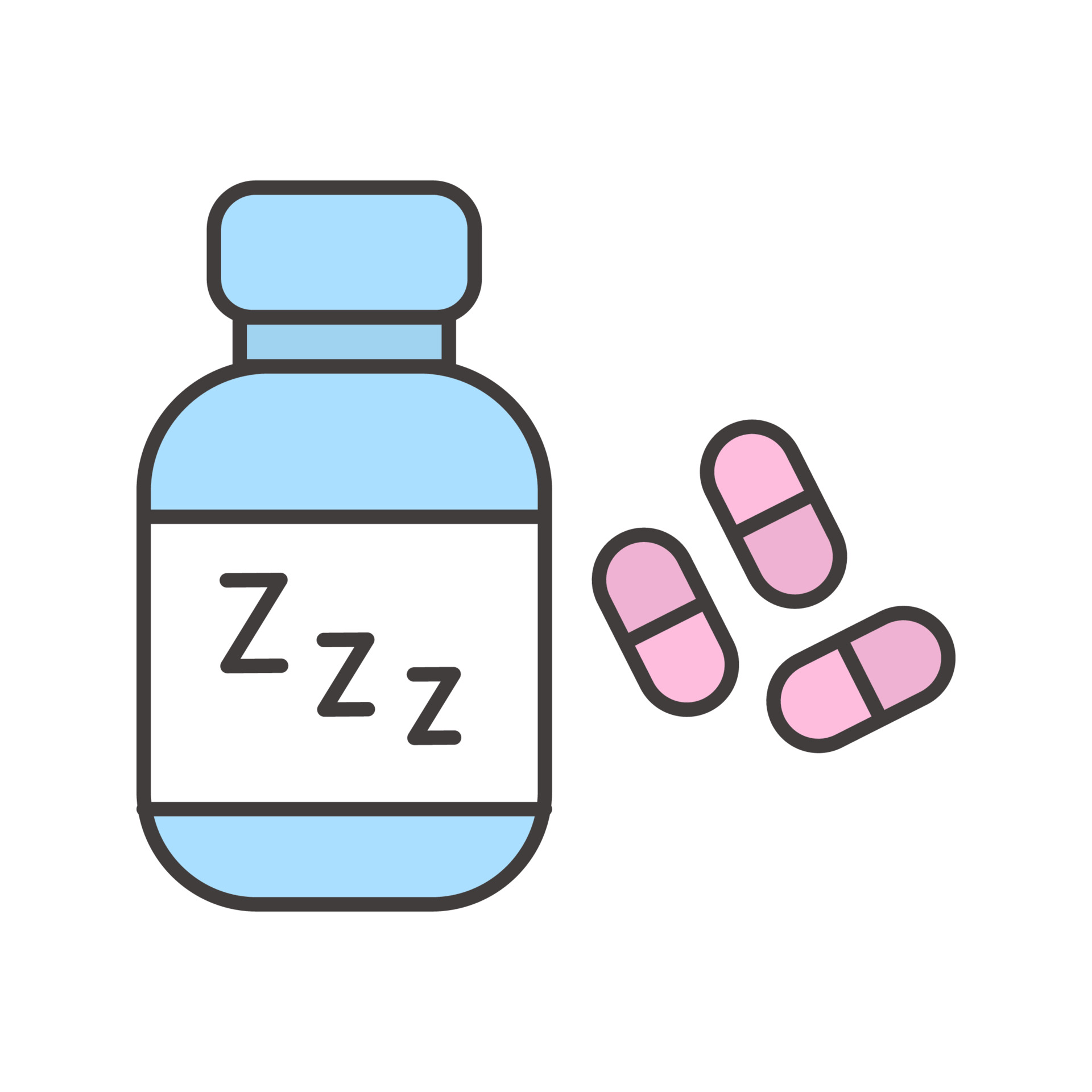
In our last article, we shared some facts about the sleeping pills swap.
These are medications people helplessly turn to when they have sleep problems to fall asleep faster, stay asleep longer or both.
What are the effects of taking sleeping pills?
While the pills offer some self-perceived better sleep by changing the brain chemicals to slow down and suppress the area of the brain that keeps one awake and alert, they also donate various serious and poisonous effects – such as daytime hang-over effects which affects thinking and impair one’s ability to do things that require attentiveness like driving, operating machines, and other daily tasks.

There are also abnormal sleep-related behaviours for example sleep-walking, sleep-talking, sleep-driving and sleep-eating. These include usual human activities that are ordinarily done while fully awake with alertness and full control, but at this time with partial wakefulness, the activities are dangerously done with blurred alertness and dreamlike control leading to various mishaps such as falls from walking, crashes from driving, food-choking from eating and talking jargons.
Other consequences affect different body parts and functions.
For the head, the user suffers headaches, light-headedness, dizziness, fainting, forgetfulness, blurred vision, confusion and hallucinations. The muscles suffer generalized weakness. Also, the mouth-to-tummy tract is affected by dry mouth, unpleasant mouth taste, feeling like vomiting, indigestion, diarrhoea, and sometimes constipation.
More worrisome are drug use disorders. It is either that one may, over a period of time, build up a tolerance to sleep pills, and will have to take more and more for them to work, which in turn leads to more side effects. Or one may come to rely on sleeping pills to sleep and will be unable to sleep without them, eventually developing an addiction to them, making it difficult to stop taking them. Annoyingly, a lot of times if the pills are stopped after prolonged use, the sleep problem can return even worse.
The ills of these pills have not ended. The pills can interact with other medications like painkillers, antibiotics and other sleep pills, causing worsened effects and outright damages. All these can even be where the pills are masking an underlying medical or mental condition causing the sleep problem, and leaving it untreated. Despite the unpleasant issues about the pills, sparingly, these drugs are considered for short-term use if the sleep problem affects one’s quality of life and other measures to resolve it have not helped. This can occur during jet lag from travelling across time zones and stressful life events like the loss of loved ones, relationships and jobs.
However, the pills should be taken strictly as personalized prescriptions by a well-trained doctor, following some safety guidelines.
Firstly, the doctor should do thorough clinical and laboratory assessments to identify the cause of the sleeping problem. An accredited specialist should provide clear instructions on duration, timing and quantity of the drugs to be taken. And, discuss the possible adverse effects, drug interactions, and directives on how to quit the pills when due. The user should avoid driving, machine operations and other activities that require watchfulness.
Lastly, the pills should be taken just before bedtime and when one can get full sleep of 7 – 8 hours.
What are the Good Sleep Practices that can be adopted?
Medications should be used in combination with the following good sleep practices. We should deliberately embraced these habit, as we strongly avoid the pills.
Firstly, practices to ensure the brain’s good health:
- Consistently drink water at least 4.5L – 5.0L over the day, with urine turning colourless.
- Regularly eat just enough quantity of balanced diet two or three times daily.
- Regularly do SAFE exercises like fast walking, swimming, push-up sets, etc. – 30mins daily or at least five times a week.
- Avoiding smoking, excess alcohol and stimulants like caffeine.
- Keeping stresses in check with avoidance of avoidable stressors
- Maintaining the same sleep schedule, particularly the period to go to bed
Secondly, ensure sleeping-inducing surroundings by:
- Relaxing with soothing soft music, a good book or meditation.
- Sleeping in a calming and relaxing environment
- Sleeping on a quality mattress and pillow that are conducive sleeping surfaces for supportive posture
Finally, remember that where, when and how you sleep affect your mental health, physical wellbeing and living a healthy life.

Are you currently facing any sleeping difficulty?
Are you looking for the best way to maintain quality sleep for generally wellbeing and healthy living?
A certified specialist is best fit to offer relevant advice for maintenance of quality sleep
Do you want to contact the Orthopaedic Sleep Consultant, Dr Charles Uzodimma, kindly send your request to sleepinfo@vitafoam.com.ng
Vitafoam is passionate about quality sleep, healthy living and general wellbeing of Nigerians. We are proudly Nigerian and constantly supports Nigerians with consistent quality products for comfort and wellbeing.